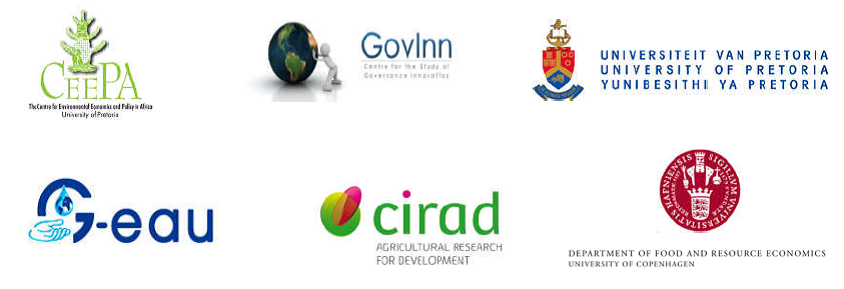| 7 - 10th May 2018, CEEPA, Pretoria, South Africa |
|
Description and main topics
The objective of the training is to offer young scholars an overview of the current empirical methods aimed at understanding preferences and economic behaviour towards natural resources: how to design, implement and analyse a choice experiment or more broadly an economic experiment to anticipate individual and collective behaviours. The training is mainly methodological in nature. Participants will be exposed to a large set of tools to help them decide upon the best tools/methods to be used to answer their current research
questions.
Guided by best practice recommendations for stated preference research as promulgated by Johnstone et al (2017), the one-week intensive course will use a judicious blend of theory, econometric methods and case study applications to introduce participants to the design, implementation and statistical analysis of contingent valuation and choice experiments data, with a focussed application to non-market valuation in environmental economics.
|
Target audience
The course will be designed for Post-graduate students and young professionals in Agricultural, Natural Resources or Environmental Economics. PhD students are particularly encouraged to apply to this training. |
|
Pre-requisites
Knowledge in (fairly) advanced level microeconomics and basic econometrics is assumed. Participants will use R and Stata during lab exercises. Instructions on how to install R and materials about basic operations will be sent before the beginning of the training.
|
|
Lecturers
Prof. Eric Mungatana, CEEPA, Department of Agricultural Economics, University of Pretoria
Prof. Thomas Lundhede, Department of Food and Resource Economics, University of Copenhagen
Prof. Stefano Farolfi, French Agricultural Research Centre for International Development (CIRAD), G-EAU, France
Dr. Damien Jourdain, CIRAD / CEEPA / GovInn, University of Pretoria
|
|
Organization of the training
The training will take place from 07 to 10 May 2018 (four days). Each day will consist of 6 to 7 hours alternating lectures and practical exercises with real case studies proposed by the lecturers.
|
|
Responsible Center
The Centre for Environmental Economics and Policy in Africa (CEEPA), Department of Agricultural Economics
|
|
Other information
CEEPA reserves the right to cancel the course if there are not more than 5 students who have applied to the course. There is no tuition fee. The participant is responsible for any housing and travel cost.
|
|
Application to the training
If you are interested in participating, please send a one paragraph motivation letter to
[email protected] with a copy to [email protected]
|
 |
|
For more information about the workshop, please click on the link below.
|

Get Social With Us
Download the UP Mobile App